Vaccine leap for brain cancer in children
Aussie scientists are developing a vaccine for deadly brain cancers in children that trains the body to recognise tumour molecules and eradicate them.
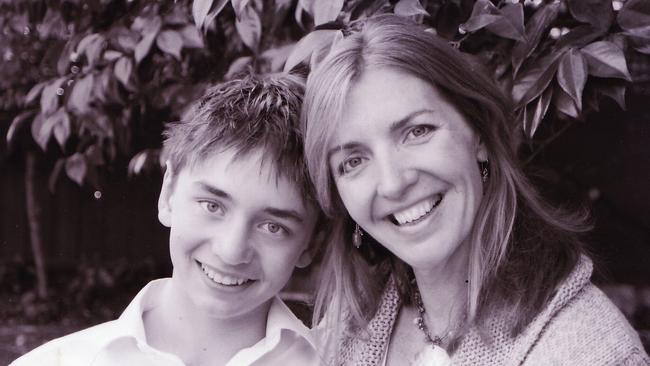
Australian scientists are developing a vaccine for deadly brain cancers in children that trains the body to recognise tumour molecules and eradicate them, harnessing the immune system to fight the disease.
The world-first project harnesses the combined talents of leading experts in immunology and brain tumour biology, who have joined forces as part of the Brain Cancer Vaccine Project, to develop an mRNA vaccine for pediatric brain cancer.
The groundbreaking vaccine will prompt the body to produce large amounts of tumour-specific molecules akin to “an army of targeted missiles” to fight the brain tumour.
The doctors and scientists will work together as part of a specialised team assembled at the University of Queensland, as they attempt to create the world’s first pediatric brain cancer vaccine.
The Children’s Cancer Foundation and the National Brain Tumour Society are also collaborating on the project.
It will be the first time the science of immunology, which has revolutionised treatment for other cancers, will be applied to brain cancer in children in a vaccine form.
The project is being part-funded by the Robert Connor Dawes Foundation, named after Connor Dawes who died of brain cancer in 2013, aged 18.
About 120 children contract brain cancer every year in Australia. Brain cancer remains the deadliest of all pediatric cancers and kills more children than any other disease. There are more than 100 different types of childhood brain cancers and minimal effective treatment options. Survival rates have not improved in 30 years.
“Connor was an extraordinary young man-smart, funny, much loved,” said his mother Liz Dawes.
“He loved Latin, reading, computer games, friends, family and rowing. His ‘party trick’ was having pi memorised to 100 digits.
“He was a young adult at 17 and 18 years when he went through treatment. I always remember when he was having radiation … a young girl, maybe five years old, was also having radiation for a brain tumour. He couldn’t bear that she was going through what he was going through. Every day he’d tug on my arm and say ‘its not fair, she’s so young, I hate that she’s going through what I am’. I was thinking the same about him, he was too young.”
Ms Dawes said she was thrilled that the family’s foundation had been able to lead the way in Australia and globally in bringing a novel and promising method to treating pediatric brain cancer.
“For many children there just aren’t enough options,” she said.
Immunology works by directing the body to produce large amounts of specific tumour molecules, priming the immune system to efficiently recognise the tumour.
Di Yu, director of the Ian Frazer Centre of Children’s Immunotherapy Research, said: “Immunotherapy is a game-changer in treating cancer, offering unprecedented solutions for many adult cancers. Now, we’re on a mission to bring this breakthrough to children with brain cancer. It’s time to harness the power of the immune system via the use of mRNA vaccines.”
The research project uses a similar method to that being pioneered by joint Australians of the Year, Georgina Long and Richard Scolyer, who were instrumental in transforming treatment for melanoma using immunotherapy and are now adapting their research to an adult cancer vaccine.
Brandon Wainwright, co-director of the Children’s Brain Cancer Centre based at the University of Queensland’s Ian Frazer Institute, said trials on immunotherapy checkpoint inhibitors, which had been highly successful in melanoma, had not proved effective in children’s brain cancer. But it is believed that the combination of immunotherapy and a vaccine could change the game.
“What we are testing is whether the combination of those two things to lead us to a place we haven’t been before and that’s to see some kids cured,” Professor Wainwright said. “What a lot of these brain cancers in kids have in common is that once they recur there’s no treat treatment for them. It’s very unusual in the cancer world to not have any salvage. When they relapse there’s abs nothing to offer these kids currently. What we believe is that the combination of a vaccine and these checkpoint inhibitor drugs may take the small and ineffective immune reaction that’s happened already and further kick it up a notch.”
The project will initially focus on ependymoma tumours. The vaccine project will then be adapted for other child brain tumour types as the project develops and clinical trials are designed. The leaders of the project are hoping to have ethics approval for a clinical trial by the end of the year.
“I made Connor a promise on the day he died that I would celebrate and honour him every single day for the rest of my life,” Ms Dawes said.
“That’s been the easiest promise I’ve ever made. He and too many other young people have made the ultimate sacrifice-their young lives. If we can help change this for other young people and their families then that’s a wonderful, lasting legacy.”


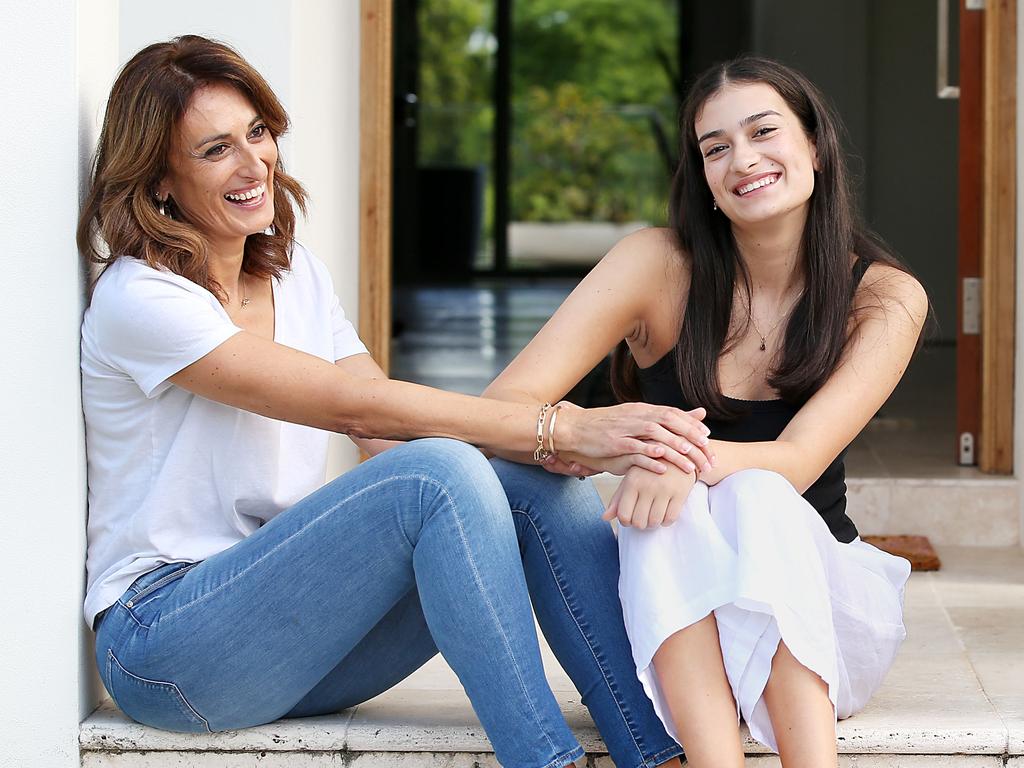
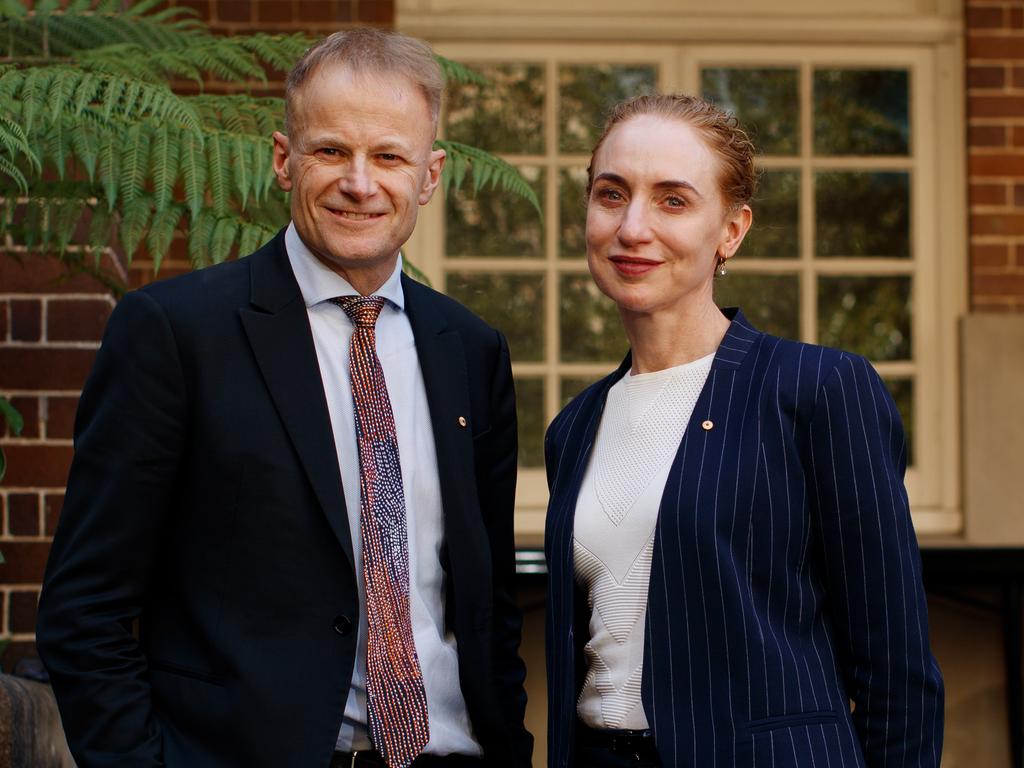
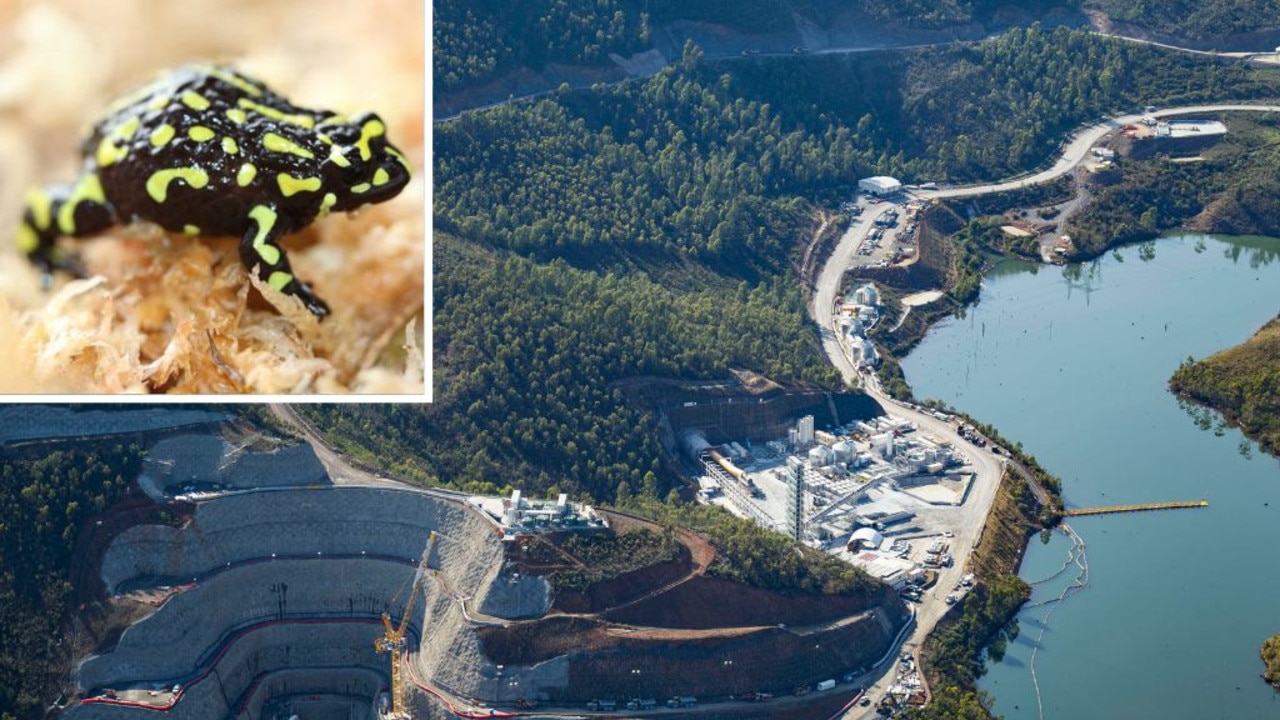
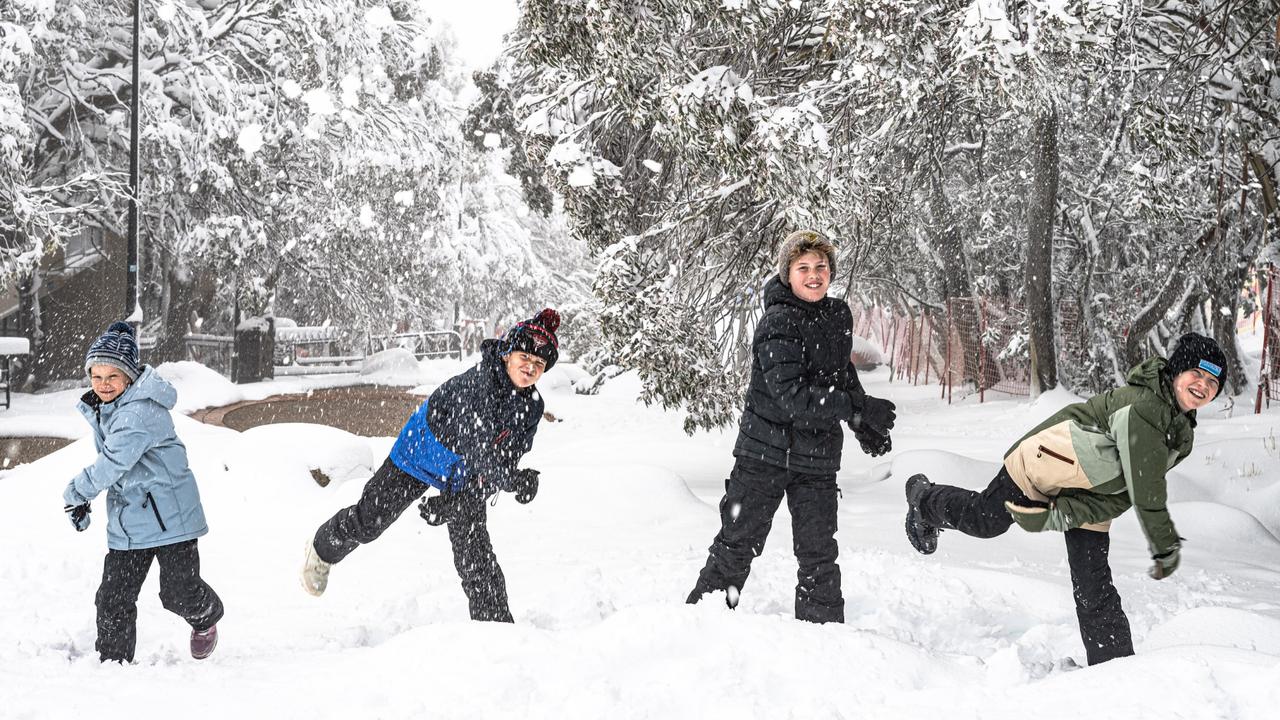
To join the conversation, please log in. Don't have an account? Register
Join the conversation, you are commenting as Logout